Our Contributors
Ms. Zarinaya Hagana was born in the headwaters of the Rioni river, near Oni, high up in Caucasus mountains. She is an Ossetian sturgeon, now living in a retirement home in Batumi, Georgia. Fiercely independent, proud of her Scythian roots, she has had the privilege of a long, productive life, and has seen tyrannies rise and fall. She has seen how money works its good and evil. Having spent much of her life under water, she brings an uncommon perspective to her writing. She likes to pun on the KJV translation of “seeing through a glass, darkly” saying she is used to looking through water, clearly. As she says, she has an “icthyocentric” view of the world, from the bottom up, so to speak.
She saw the goodness in the capitalist David Sarajisvili’s cognac empire in Tiflis, before it was destroyed by the Bolsheviks, and how his wife, Ekaterina, taught her and her spawn sisters and brothers, to read and write English before the dams were built – which has decimated her kin. She remembers how Ekaterina “let herself go” with an indulgence for rich foods, and how she “overfilled her clothes.” Zarinaya herself has always been, and remains, a fan of heavy exercise – and in the medicinal properties of Georgian brandy, as “the best medicine.” She is both the patent holder of the Plyometric Fish Ladder for Dams, and the founder of the Batumi Sturgeons’ Alcoholics Anonymous Chapter.
She fears uncontrolled capitalism, referring to Edward Heath’s speech of such excesses as the “unacceptable face of capitalism,” noting that the Soviets, at least, protected her family from over-fishing – unlike the money-crazed contemporary world. But most of all she has grown to hate the cruelty of war. She saw the shadows grow before the Great War, and watched the Tsar’s flotilla burn at Poti, and the horror of the Ottoman’s march towards Tiflis. She has spawned where the Great Liakhvi rises beyond Gori, resting in the shaded beauty of the Ateni Gorge, under the walls of the 7th century Sioni Church – only to see Stalin’s boyhood gang rob a passing family. She has grown fearful of what Man can do – and does – without a moment’s thought.
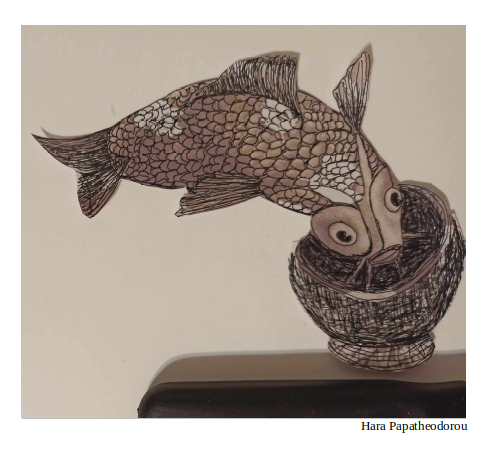

Ms. Shari Bly is fascinated with history, how we interpret and study it, and how our
forefathers did this before us. She is particularly focused on ancient and Bronze Age history.
Perceptive, intuitive, and sensitive, Ms. Bly has been noted for her ability to not only recreate the
people and times she studies – with all their fears, hopes and prejudices – but at the same time
draw her current readers into the very world she has recreated. Recognized for academic
excellence, Ms. Bly has been inducted into the prestigious National History Honor Society, Phi
Alpha Theta, and has consistently been listed on the Dean’s List at Fort Hays State University.
Beyond the classroom, Ms. Bly’s passion for the past extends to rigorous research in
paleolithic to Bronze Age art and anthropology, aiming to unearth insights that bridge historical
cultures with contemporary understandings. This blend of academic dedication and research
acumen signifies Ms. Bly’s contribution to the field, signaling a promising path ahead as she
prepares for graduate studies in Museum Studies. Balancing a rigorous academic and research
schedule, Ms. Bly also is employed as a manager in the hospitality industry. “I’m very lucky to
have an everyday job, just like everyone else, as it helps me understand the everyday people back
in ancient times I’m studying. I love how people have not really changed at all.”
Away from professional pursuits, Ms. Bly embraces a creative and active lifestyle. An
avid painter and creator, Ms. Bly also enjoys playing the violin, oboe, and piano. This artistic
spirit is matched with a love for the outdoors, evident in enthusiastic hiking adventures and
amateur bird-watching, revealing a multifaceted personality that finds joy and inspiration in both
history and the natural world. “Your life is so much richer if you can appreciate a wide range of
activities.” You can read her first article (Click_here!).
Peter A. Scotchmer is a retired high-school and English as a Second Language teacher
and former department head of English. Born in London, England, he spent his childhood there
and in Venezuela in the 1950s, emigrating with his family (including brother Nigel, above) to
Canada in 1963. Educated in private schools and in the Ontario public school system, the
possessor of an M.A. in English from Carleton University, he taught for 33 years in four
Ottawa high schools, most recently at Canterbury High School for the arts.
Since retirement, he has written some 70 short stories, essays and reviews for the on-line
magazine Story Quilt, was a judge for five years for the Ottawa Public Library’s ‘Over 50’
Short Story Contest, has taught twice for the Ottawa School of Theology and Spirituality, and
is the author of Comfortable Words, a short study of canonical works of literature. He continues
to be a champion of wide and critical reading, close examination of text, precision in writing, and
informed debate.
Peter espouses the benefits of reading from his perspective as a writer, a classroom
teacher, a father, and grandfather. Ideally, if we are read to as children, and are encouraged to
read widely, wisely, and critically on our own in school and beyond, the advantages of a
lifelong reading habit reveal themselves unconsciously in our speech, in our writing, and in our
relations with others. We read for information, recreation, inspiration, and instruction. When
we read, we each expand our vocabulary, exercise our imagination, develop empathy and
compassion, share a vast human culture, and better understand the human condition and our
place within it. We read, as C.S. Lewis said, “to know that we are not alone.”
“Reading is self-improvement. It is “the love and resurrection of better minds, “says Rory
Stewart, a contemporary academic, diplomat, travel writer and former soldier.
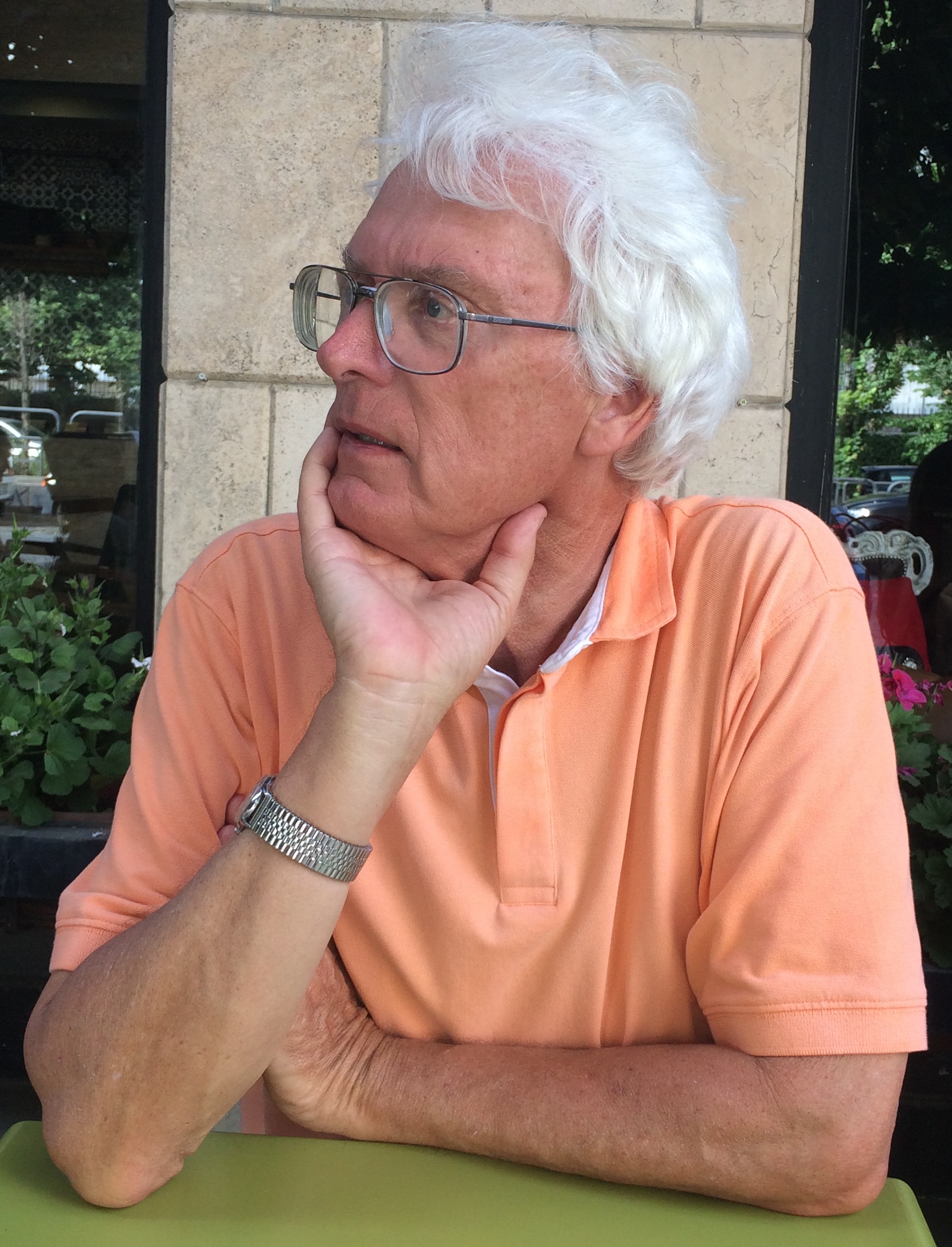
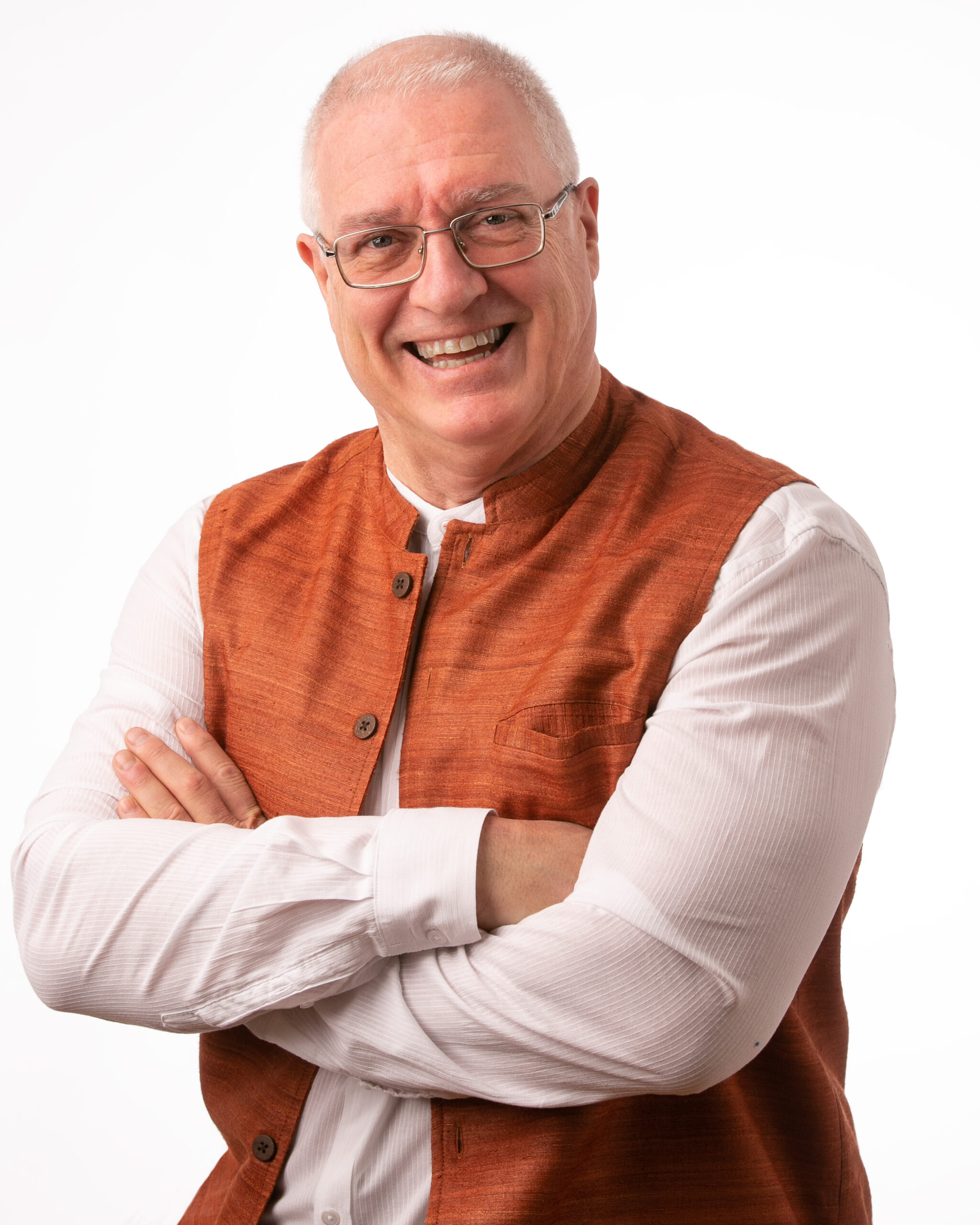
Nigel’s peripatetic path in life gives him, he believes, a unique perspective on the world
around him. He has worked at many occupations over the years from driving a truck, writing
welding standards, to being an international salesman, accountant and business owner.
Brought up in a family that believed that Antigone in the Greek myth was correct to stand
up and die for her belief that fairness and truth were more important than the ranting raves of the
unthinking mob – his father accepted the consequences of refusing to fire a homosexual in the
1950s – Nigel believes irony is the greatest tool for both encouraging equity and our enjoyment
of life. Since irony involves the interplay between emotions, reality and chance, its appreciation
can provide meaning to the often-inexplicable world in which we live. He said, when
interviewed for this summary: “No, we can’t all be heroes, and too often we make the wrong
choice, for the wrong reasons – but at least irony can bring peace to us by helping reconcile the
warring elements.”
Nigel loves literature – especially books and poems that deal with universal themes such
as love, war, and justice – and is now happily retired from the world of business. Ironically, (like
countless retirees before him!), he says he has the ambition to be a great writer and is currently
writing fiction full-time….
Mr. Jonathan Bennett is a historian by education, a chef by profession, and an ironist by necessity. Once on a trajectory toward a lucrative career in law, he took a sharp turn into the far less profitable (but arguably more flavorful) world of fine dining. After tiring of crafting exquisite dishes for a pittance, he found himself cooking for a less discerning clientele beyond the Arctic Circle – as with most of his life, an existential joke not lost on him.
His passions lie in history, particularly the Middle Ages, Byzantium, and the Renaissance. As well, he is drawn to religion, art, literature, and certain esoteric interests best discussed over a strong drink (or two). A seasoned traveler, he is equally at home everywhere from fine Viennese cafés to alchemist’s dens beneath the streets of Prague, crumbling ruins high in the Caucasus mountains, and the labyrinthine alleys of Old Damascus.
Despite being voted in high school as both ‘most likely to become a third-world dictator’ AND ‘most likely to become a monk’, neither fate has yet come to pass. He resides part of the time in Montreal, where he continues to indulge in debates – usually defending causes long since lost.
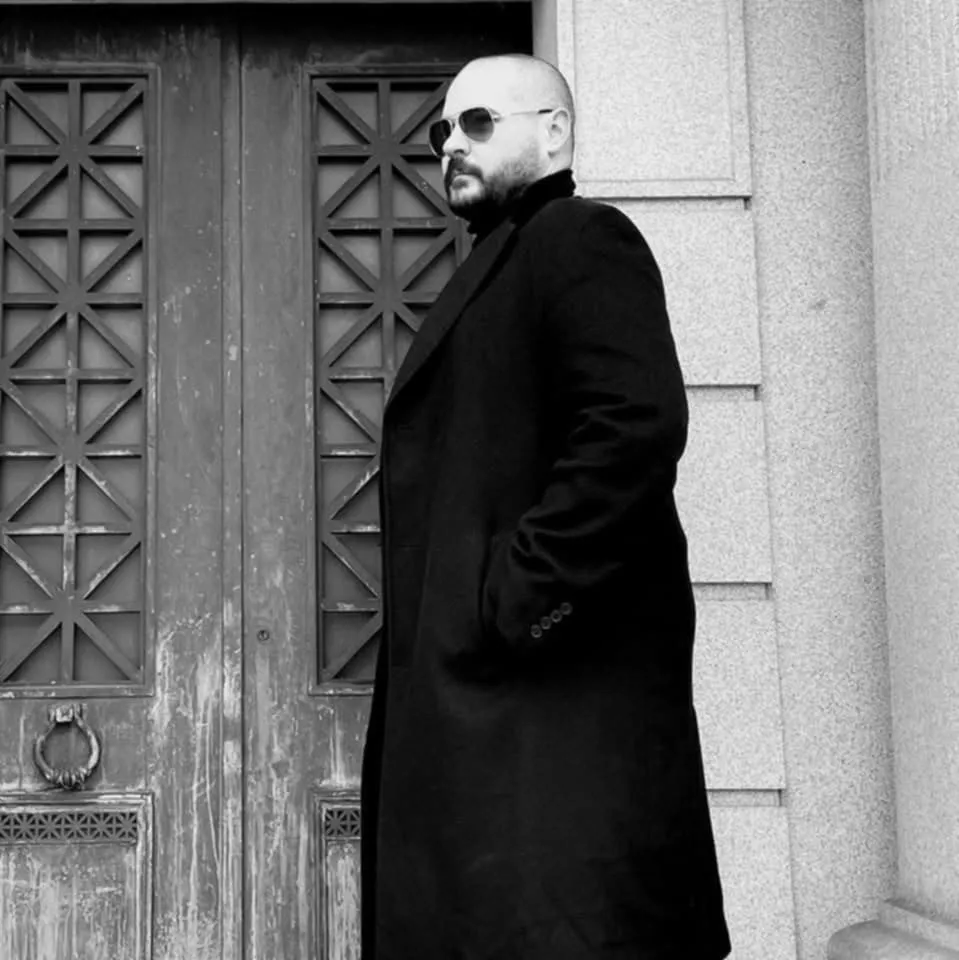
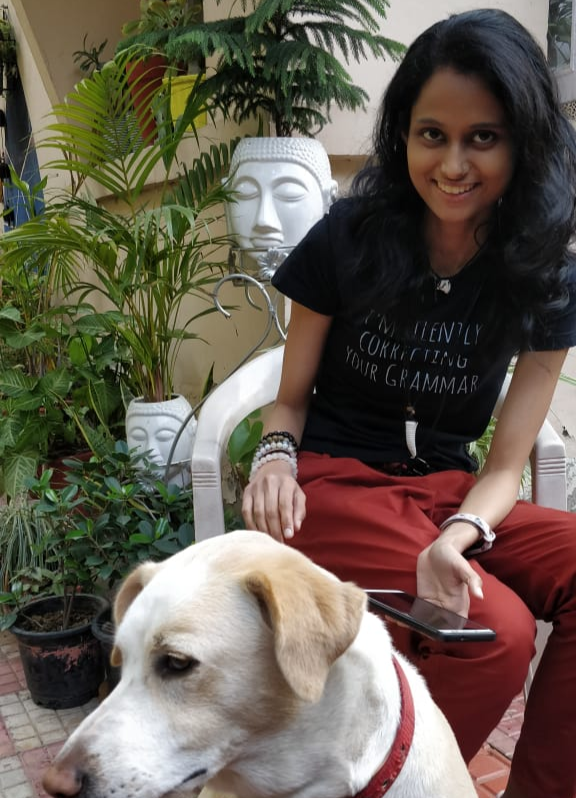
An author, marketer, and lifelong emotional explorer, Aashisha Chakraborty is the author of Mis(s)adventures of a Salesgirl (Rupa Publications, India: 2022) and The 13-Year-Old Queen (National Book Trust, India: 2023). She moonlights as a brand marketer by day and a writer by night. Currently working on her third novel, she identifies with the Cheshire Cat from Alice’s Adventures in Wonderland who famously spoke of imagination as ‘the only defence against the madness of reality.’
A compulsive reader, a Visharad in Kathak and an avid traveller (visited 30+ countries), she is an MBA from the Indian Institute of Foreign Trade, New Delhi and a computer engineer from Jamia Millia Islamia. She has worked in sales and marketing at Bharti Airtel for 5+ years. She has also modeled for a German photographer and likes to blog on her online diary of sorts – ‘The Mind Bin’. She can be found at www.aashisha.com or https://linktr.ee/the_mind_bin.